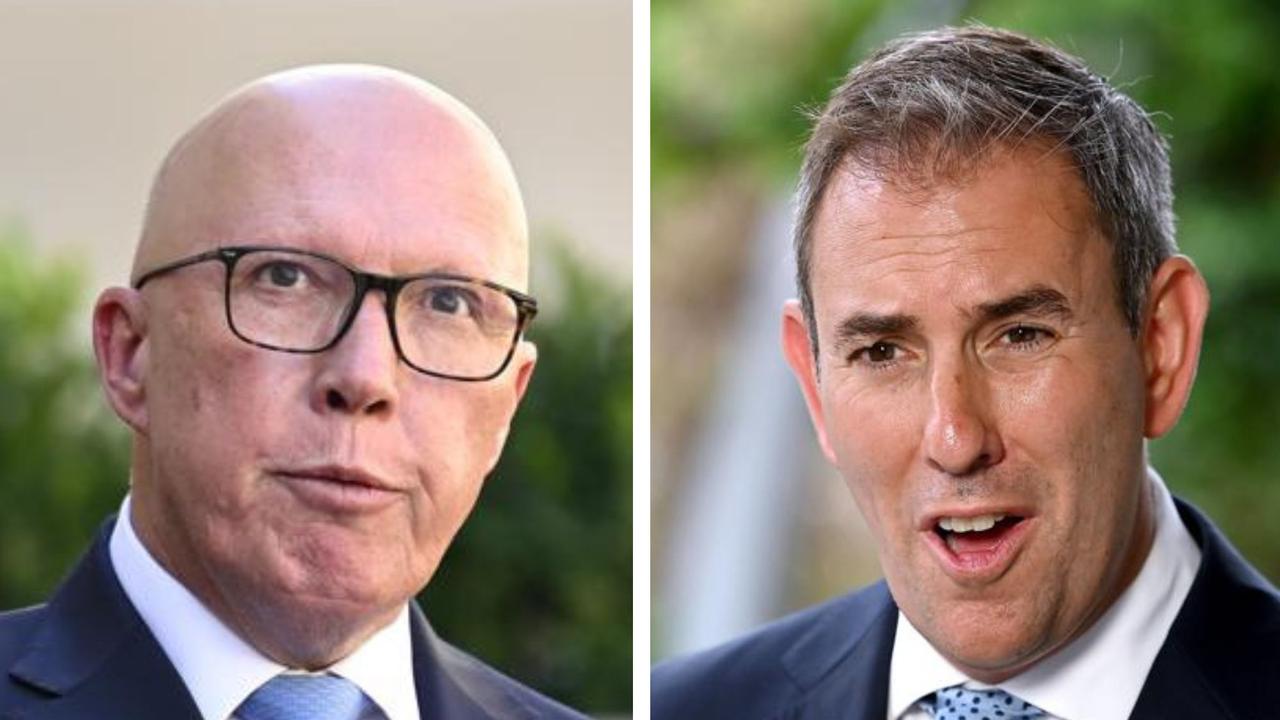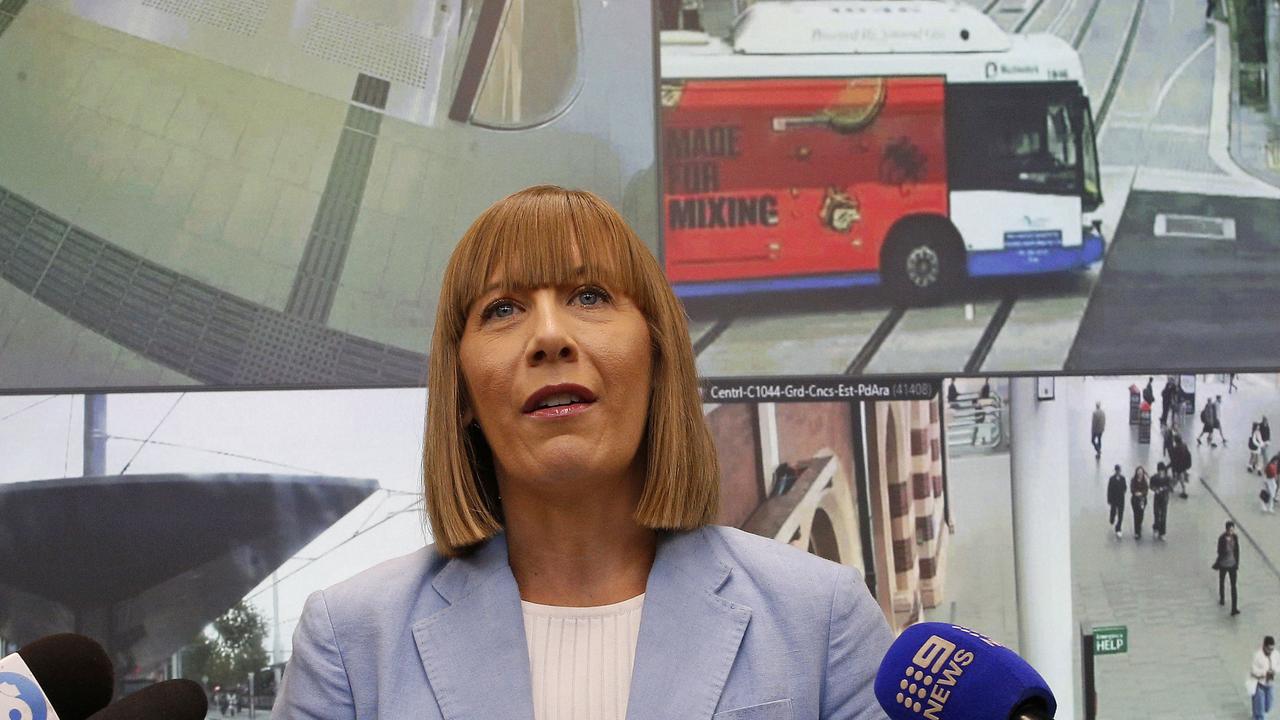‘Losing hope’: New law forces mum to ‘abandon daughter’
Fears of families being torn apart have become distressingly real after the passing of a tough new law from the federal government.
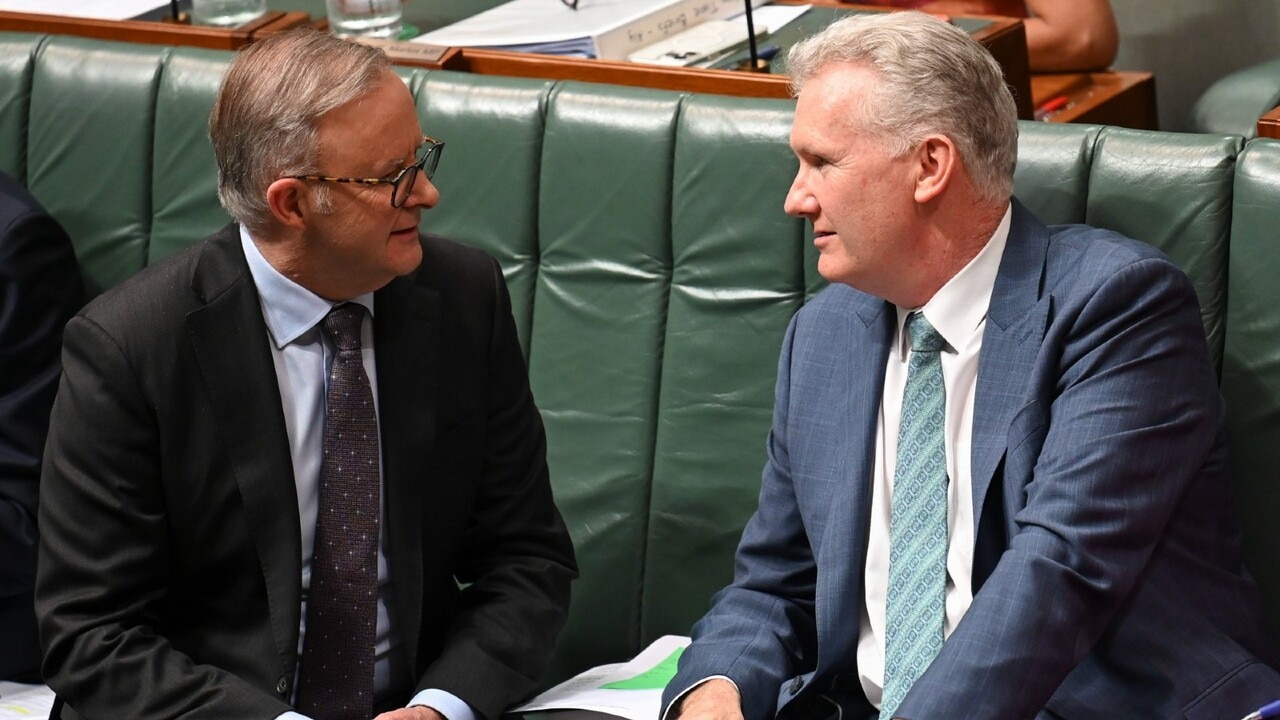
Rathy Barlote fled the Tamil genocide after her father was shot and killed by military forces in Sri Lanka. After being stuck in “visa limbo” for over a decade in Australia, she now fears new legislation will force her to return.
Ms Barlote’s youngest daughter, 10, was born in Australia and is a citizen, while her oldest, 15, is still on a bridging visa like her parents.
Under the powers of the migration amendment bill, passed in last week’s marathon parliamentary session, Ms Barlote said the sisters are now at heightened risk of being “torn apart.”
“How can I be forced to abandon one daughter to foster care in Australia, and then take my other daughter back to a country filled with danger?” Ms Barlote asked.
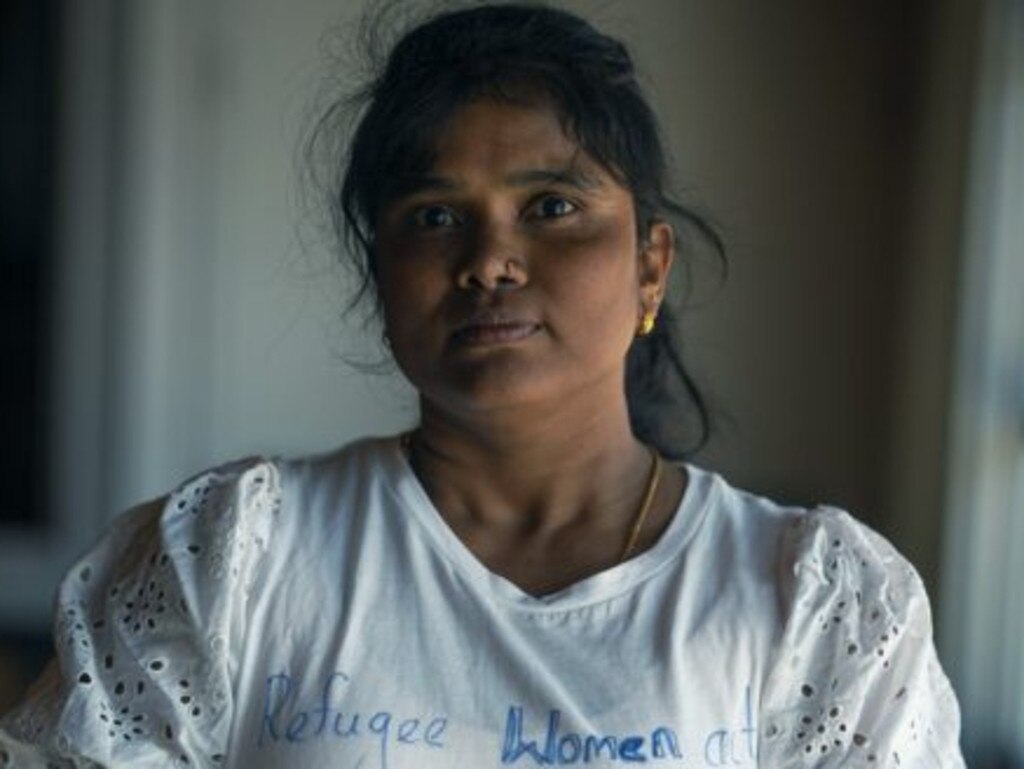
The new provisions affect the government’s powers to remove non-citizens from Australia. This includes paying third countries to accept people with cancelled visas, without consideration to the risk of breaking up families or a guarantee that the country they are being deported to is a signatory to the refugee convention.
The third country may also further deport non-citizens back to their home country where they may face persecution. The Australian government could not be sued for any harm that comes to them.
Ms Barlote is an aged care worker like her husband, who has also picked up a second job as a forklift driver.
“Our children are studying hard and are loved as part of the community here. We are doing hard work, and trying to do our best for the community. But we are losing our hope, we are losing our confidence,” Ms Barlote said.

At a press conference in Canberra last week, Prime Minister Anthony Albanese dodged questions around the specifics of the legislation, including which countries would be paid to take non-citizens to Australia, and their adherence to the refugee convention.
Affected people could include those medically evacuated from offshore centres to Australia and people seeking ministerial intervention or judicial review of their case. People who have already been granted permanent protection by the Australian Government could also be affected, given the new legislation allows a minister to overturn existing protection decisions.
“Around 80,000 people are potentially subject to these new powers. While we hope the government won’t subject all these people to exile, they have introduced such broad powers that it gives either this government or any future government total discretion about how they’re used,” associate legal director at Human Rights Law Centre Josephine Langbien said.
“We can only imagine how those powers might be used by another leader or another government down the track.”
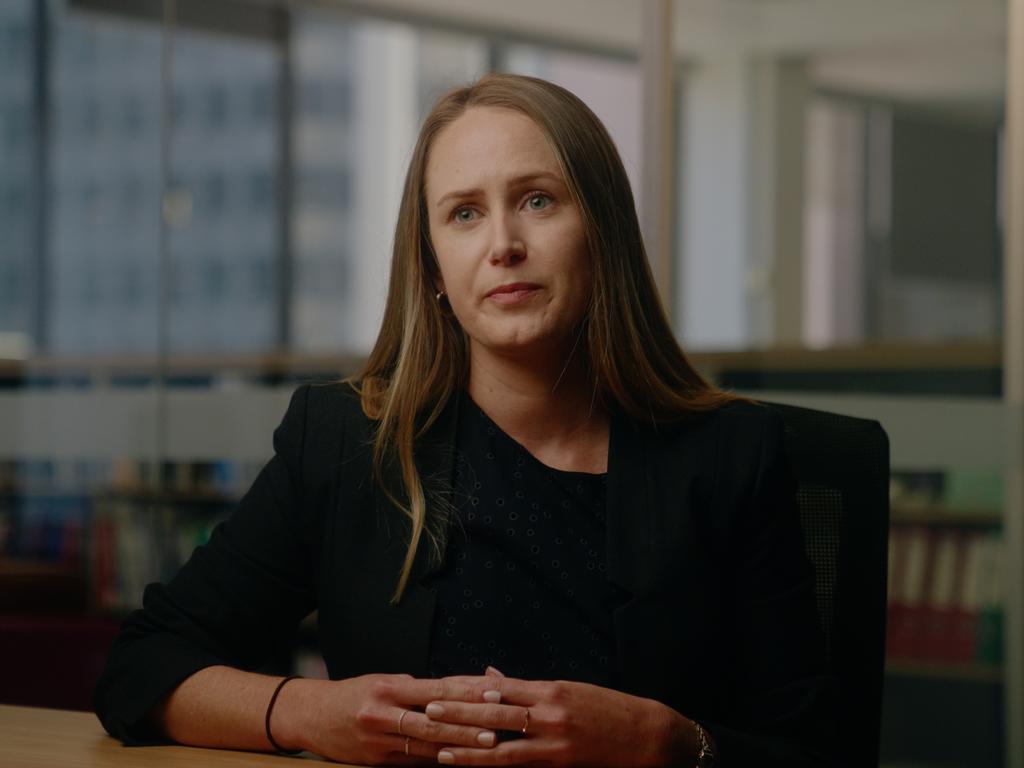
The legislation applies to Bridging Visa ‘R’ holders (BVR) and Bridging Visa ‘E’ holders (BVE), though home affairs secretary Stephanie Foster acknowledged that while the total number of people on BVEs was “very large,” the laws would only affect a small group of people, during Senate estimate hearings in March.
However, Ms Langbien said that it was “frankly misleading” for the government to suggest that the new legislation was targeted at “only a specific group of a few hundred people.”
“The laws are drafted incredibly broadly, and they hand the government sweeping powers to criminalise or exile thousands of people. It’s not limited in any way to the cohort of people that the government is referring to,” she said.
The legislative changes also mean that non-citizens face criminalisation for failing to comply with deportation orders, like applying for a passport. It carries up to five years’ imprisonment.
For Betia Shakiba, the feeling of anxiety has been perpetual since her arrival in Australia.
“It has been years of trauma. I wake up in the morning and instead of thinking about all the good things there are in the world, I think of my family’s uncertainty. Whether my mum and husband will be with me tomorrow,” she said.
Ms Shakiba fled Iran in 2012 and arrived in Australia by boat. While she was granted a permanent visa a few years later, her mother’s status remains undetermined, as does her husband’s, who has spent almost half of his life in Australia.
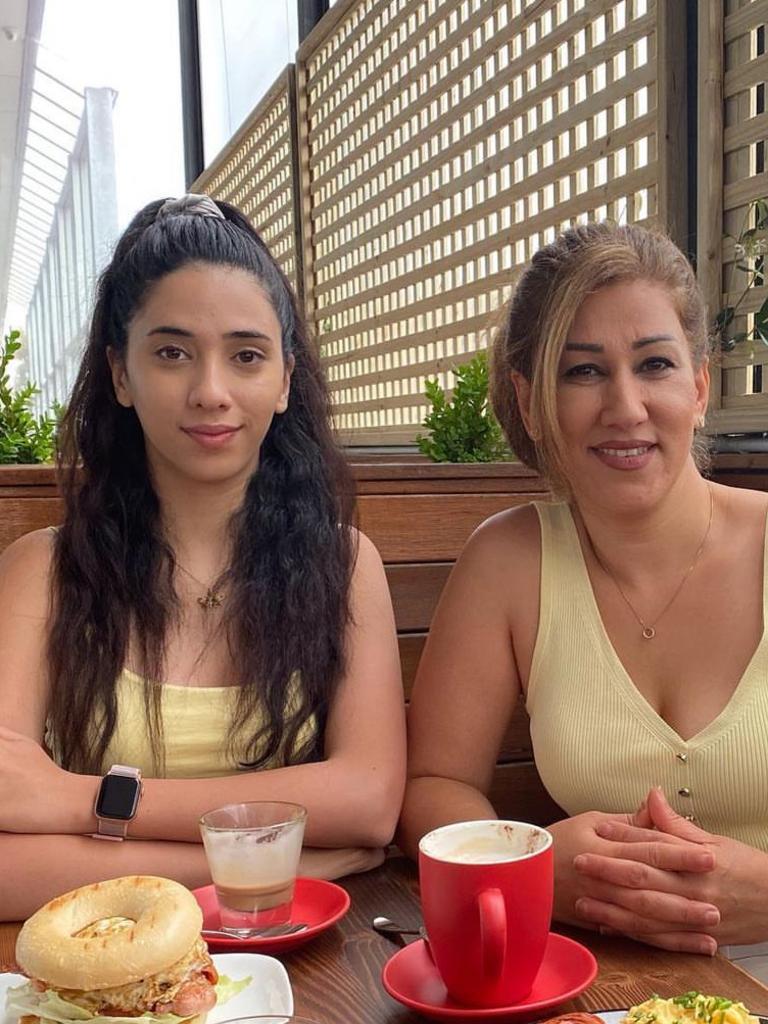
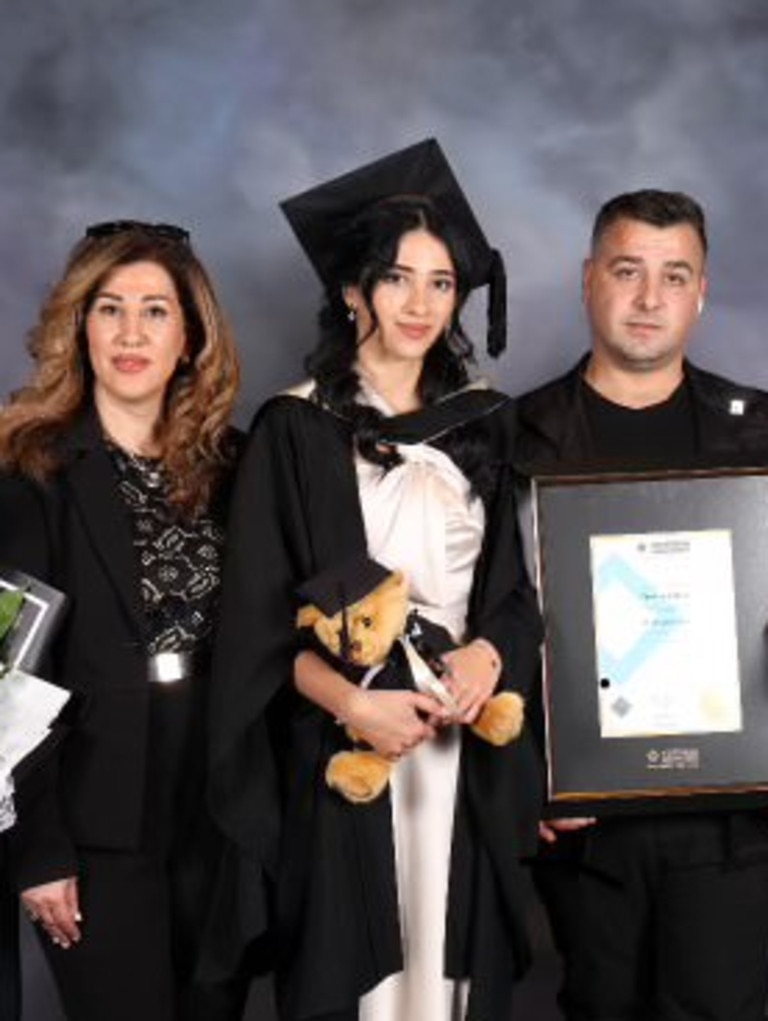
“He came here when he was 19 years old. And after 15 years of living in Australia, contributing to society, working hard, paying taxes, he is given laws that could criminalise him, that could put him in jail for up to five years, or deport him to a third country where, god knows what’s going to happen to him,” she said.
Ms Shakiba, who is a human rights lawyer, also fears deeply for her mother who has been strongly critical of the Iranian regime.
“Both major parties in Australia supported us every time we were protesting against the cruelty of the regime. But now, they have come up with laws that could punish the very same community,” she said.
More Coverage
Many of the people that will be affected by this bill are hardworking people, Ms Shakiba adds. “They’re just like my family. They want to contribute as much as they can to society, and they don’t have a single criminal record.”
Though the anxiety for her family, and the wider refugee community, is the highest it has ever been in the 13 years since her arrival, Ms Shakiba said she is trying to remain optimistic.
“One thing I do believe in is the heart of Australian people and how kind they are. I knew that if they knew who we were, and how much we want to contribute to the community, they would stand behind us and fight these laws.”



